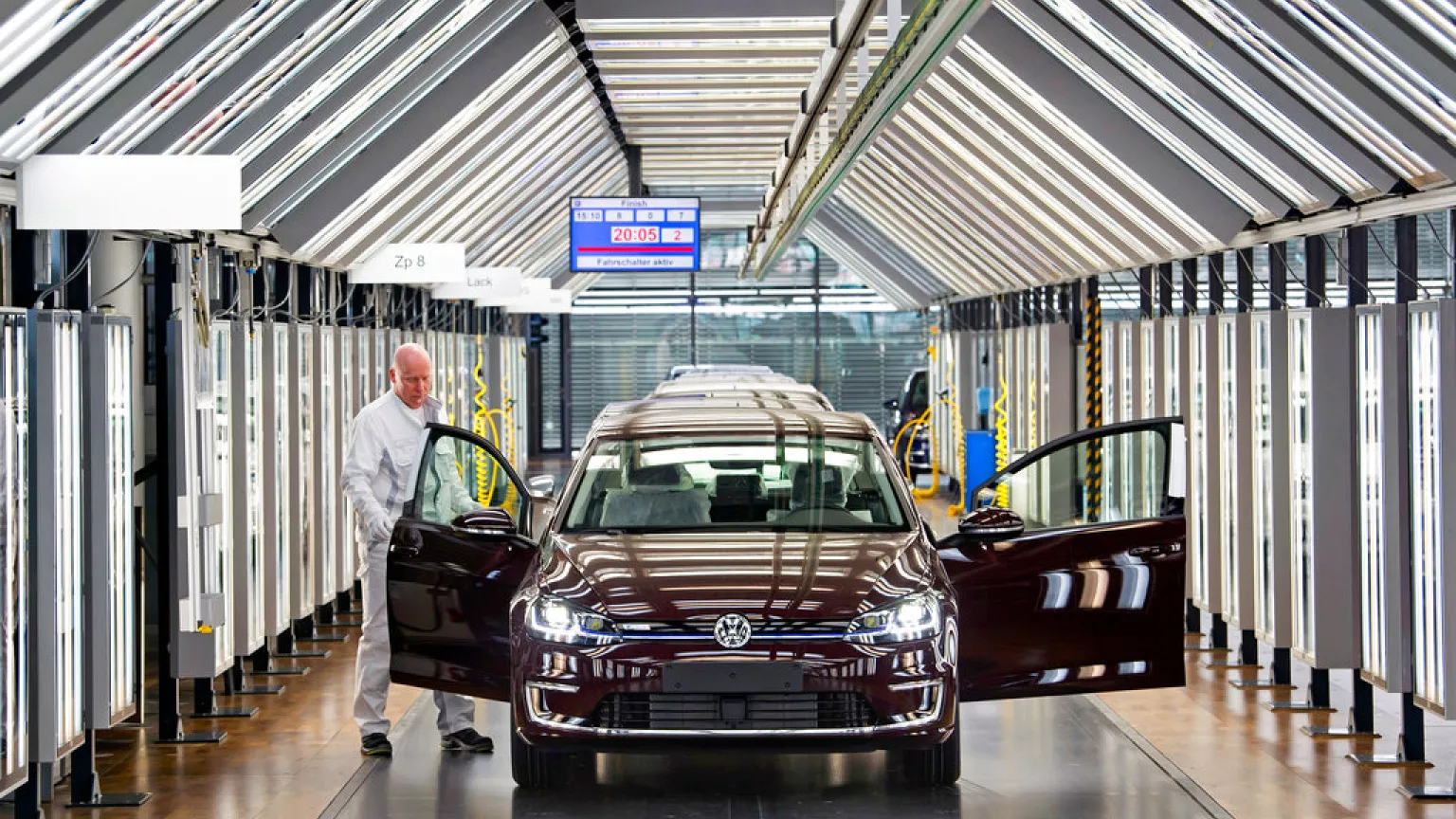The European Parliament has approved a regulatory change that gives car manufacturers until 2027 to meet EU CO2 emissions targets, allowing them to average results over a three-year period.
With 458 votes in favour, 101 against and 14 abstentions, Members of the European Parliament backed the proposal by the European Commission to adjust compliance rules for carmakers.
Instead of meeting annual targets, manufacturers will now be able to average their CO2 emissions over 2025, 2026, and 2027. This applies to the existing 15% reduction goal set for 2025 compared to 2021 levels.
Environmental concerns over regulation
Environmental group Transport & Environment (T&E) warned the delay could undermine the EU’s climate ambitions and disrupt investment in the electric vehicle (EV) sector.
“It is ironic that the EU is delaying car industry emission targets just as electric vehicle sales are taking off,” said Laura Vélez de Mendizábal, T&E’s electromobility expert in Spain.
T&E highlighted that battery electric vehicle sales increased by 45% in the first quarter of 2025, driven by more affordable models designed to meet the original targets.
“This delay will allow the industry to ease off on EV rollout and slow investment,” added Vélez de Mendizábal.
Legislative process and industry response
The Council of the European Union approved the same legislative text on 7 May 2025, with formal adoption pending.
European Commission President Ursula von der Leyen defended the move, citing the need for regulatory certainty for both the automotive sector and investors.
While the current regulation has been in place since 2019, industry pressure led the Commission to propose a more flexible compliance mechanism.







